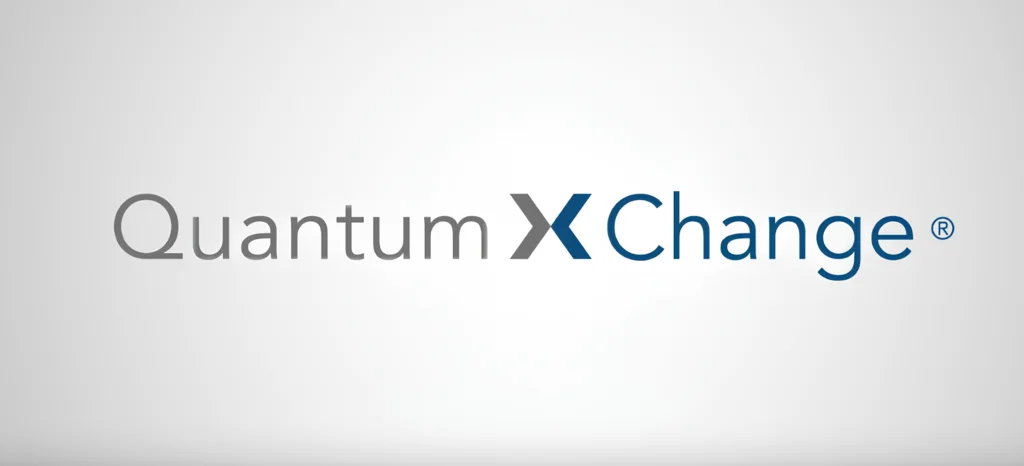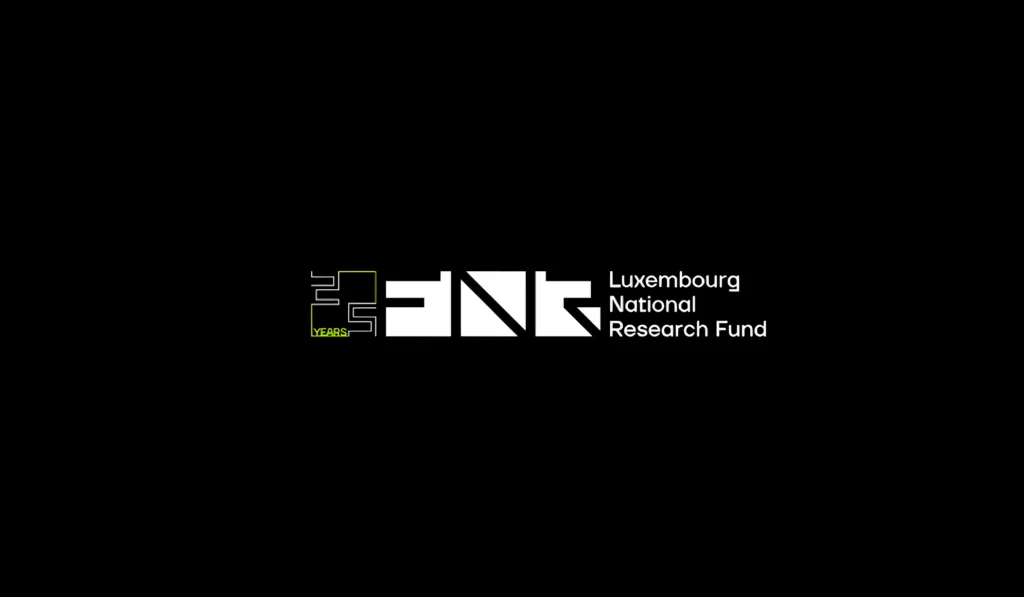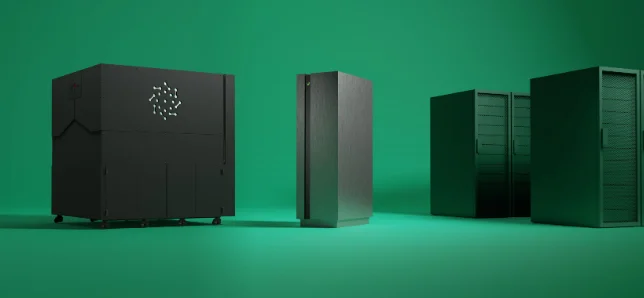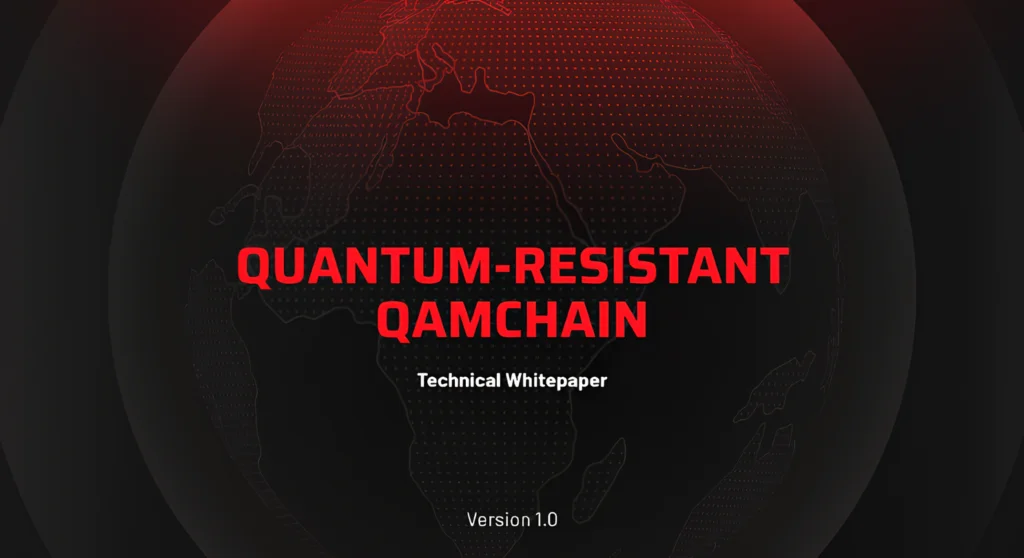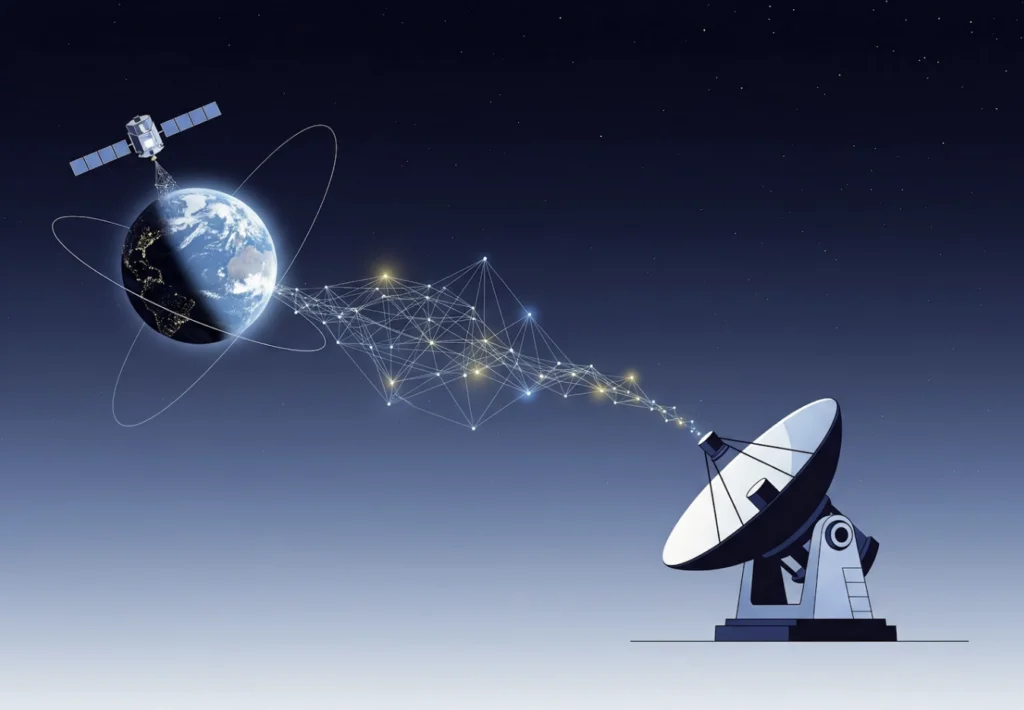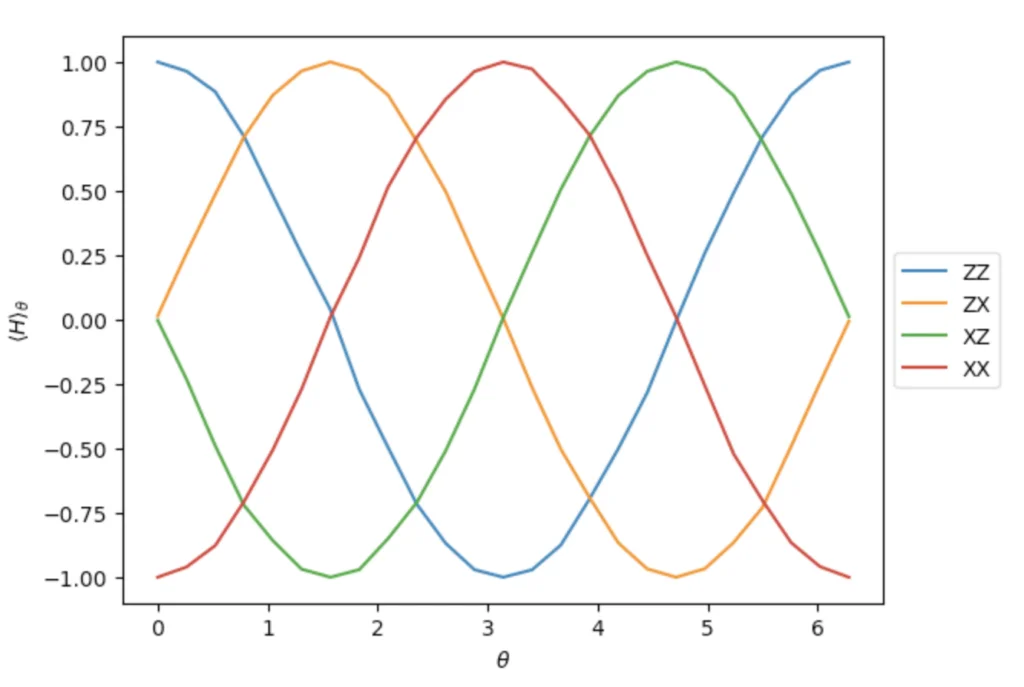Insider Brief
- HQStage is designed to provide scientists and software developers with a flexible and powerful programming environment for the simulation of quantum systems.
- The simulations can be performed on various platforms such as laptops, workstations, HPC centres and quantum computers.
- Critical Quote: “To fully exploit the power of quantum simulation a complex interaction of many simulation tools and computational hardware platforms is necessary. That is why we are proud to present our modular simulation toolkit HQStage, which does not only provide unique modules created by HQS but can also be interfaced with any software that can be controlled via python.” — Sebastian Zanker, CTO and Co-Founder of HQS
HQS is proud to present HQStage, the stage for your quantum simulations: HQStage is designed to provide scientists and software developers with a flexible and powerful programming environment for the simulation of quantum systems on various platforms such as laptops, workstations, HPC centres and quantum computers.
With HQStage, HQS Quantum Simulations introduces cutting-edge Modules for quantum computing and materials simulation at the quantum level, called HQStage Modules. 10 powerful HQStage Modules, categorised into Easy Input, Simulation, Model Analysis and Quantum Computing, are tailored to explore a wide range of quantum systems. Each module addresses specific challenges and provides researchers with exceptional power and flexibility.
Building on the unique approach of simulating open quantum systems, the HQStage Modules unlock the potential of quantum computation on NISQ devices, paving the way for groundbreaking discoveries in fields such as chemistry and pharmaceuticals.

Through HQStage you can access two easy to use modules for quantum computing:
The HQS Qorrelator App: This module has been created to simulated spectroscopy on a quantum computer. You can define your own specific correlation functions to read out or use e.g. the end-to-end implementation to calculation NMR spectra.
The HQS Noise App: A unique tool to use quantum computers to simulate open quantum systems.
Dr. Michael Marthaler, CEO and Co-Founder of HQS, notes, “Besides the Modules for quantum computing we in particular want to highlight the HQS Spin Mapper, a module which we also accompany with a publication of several papers.”
Deepening Understanding through Published Papers
HQS Quantum Simulations is committed to providing robust software tools, coupled with comprehensive theoretical insights. HQS has published a series of papers that explain in detail the theories on which the software is based. These papers contain detailed explanations and examples, enabling researchers to delve into the intricacies of quantum simulation and gain a comprehensive understanding of the relevant concepts.
“Demonstration of system-bath physics on gate-based quantum computer”,
related to HQS Noise App, https://arxiv.org/abs/2404.18828
“The impact of noise on the simulation of NMR spectroscopy on NISQ devices”,
related to HQS Qorrelator App, https://arxiv.org/abs/2404.18903
“Understanding Radicals via Orbital Parities”,
related to HQS Spin Mapper, https://arxiv.org/abs/2404.18787
“Efficient Random Phase Approximation for Diradicals”,
related to new ideas how to solve Multi reference problems which could connect to quantum computing in an interesting way, https://arxiv.org/abs/2404.18691
A method to derive material-specific spin-bath model descriptions of materials displaying prevalent spin physics (for Simulation on NISQ devices),
White Paper related to HQS Spin Mapper, https://quantumsimulations.de/publications/white-paper-hqs-spin-mapper
Requirements and Handling of HQStage
To use HQStage, you just need Python installed on your computer and a free user account on the HQS Cloud platform. From this centralized SaaS platform users can effortlessly manage their HQStage Modules, licenses, subscriptions, and compute resources. HQStage Modules typically work on 64-bit systems with the latest versions of Linux, Windows, and the latest version of MacOS on ARM architectures.
To facilitate seamless integration and handling of HQStage and its Modules, HQS provides a robust command line interface (CLI). The HQStage CLI aims to streamline the process of accessing HQS-developed software across various systems, eliminating the need for extensive manual setup.
Key Features of HQStage
Intuitive Cloud-Based Management: Seamlessly oversee licenses, modules, compute resources, and user access via an intuitive cloud interface.
Command Line Tool: Create and manage virtual Python environments with automatic dependency management, facilitating easy installation of HQStage Modules alongside other Python packages.
Seamless Updates: HQStage Modules are automatically updated, ensuring researchers have access to the latest features and improvements.
Dr. Sebastian Zanker, CTO and Co-Founder of HQS, states, “To fully exploit the power of quantum simulation a complex interaction of many simulation tools and computational hardware platforms is necessary. That is why we are proud to present our modular simulation toolkit HQStage, which does not only provide unique modules created by HQS but can also be interfaced with any software that can be controlled via python.”








